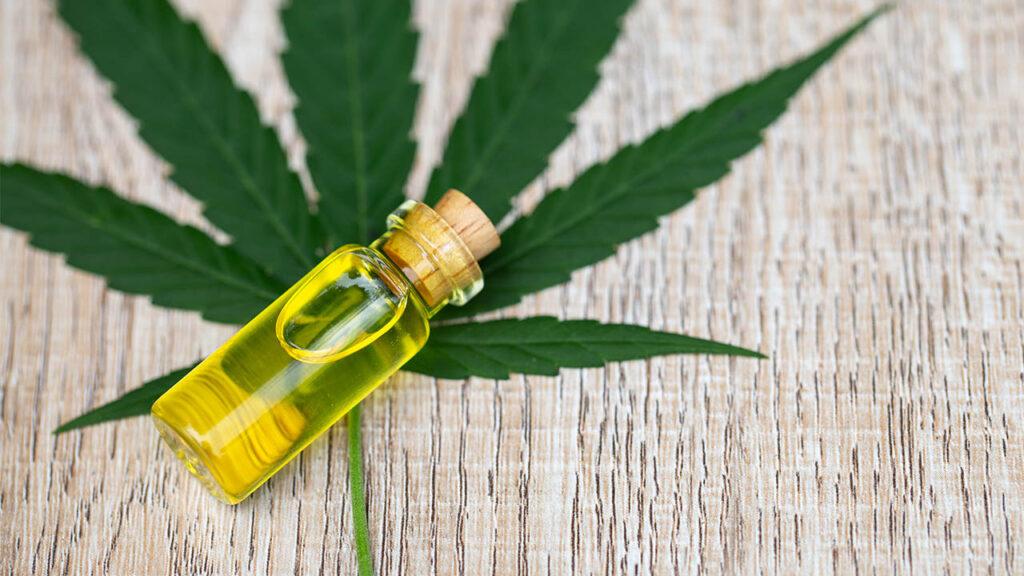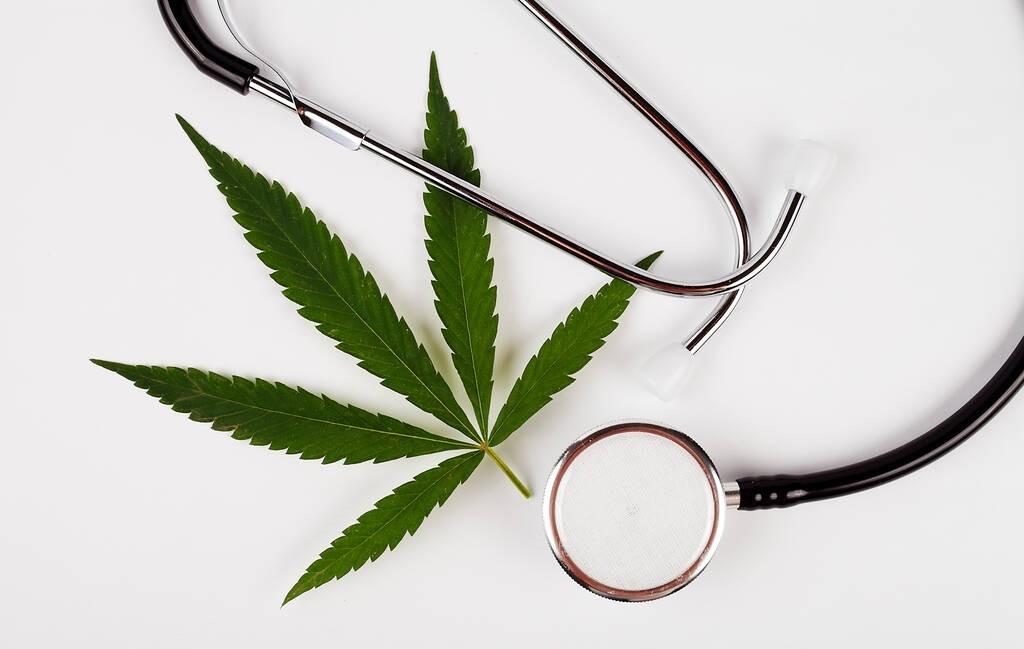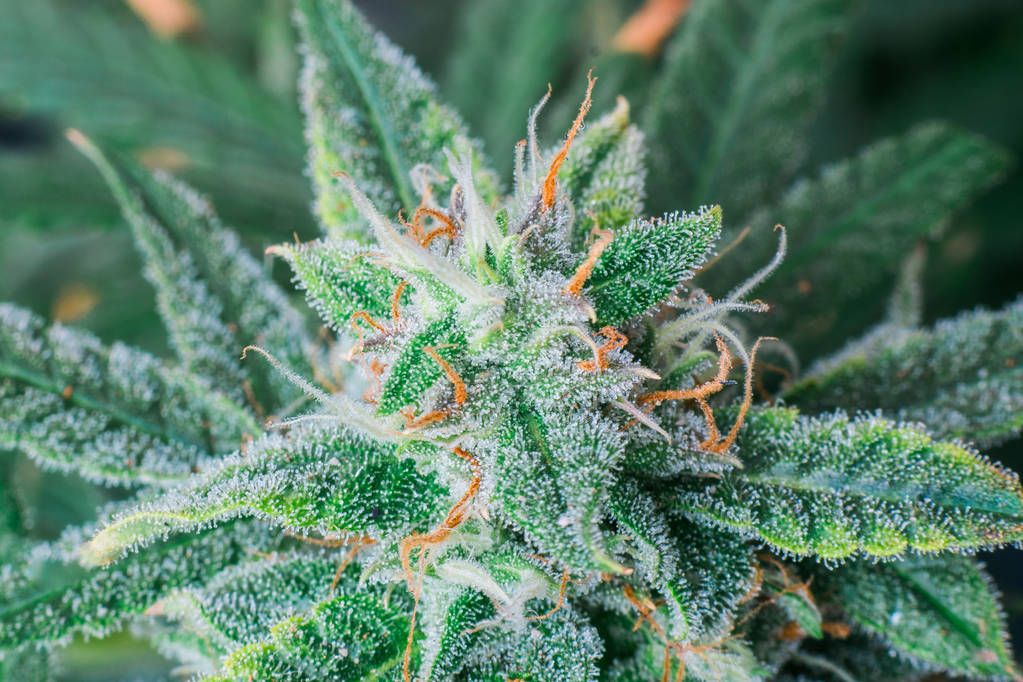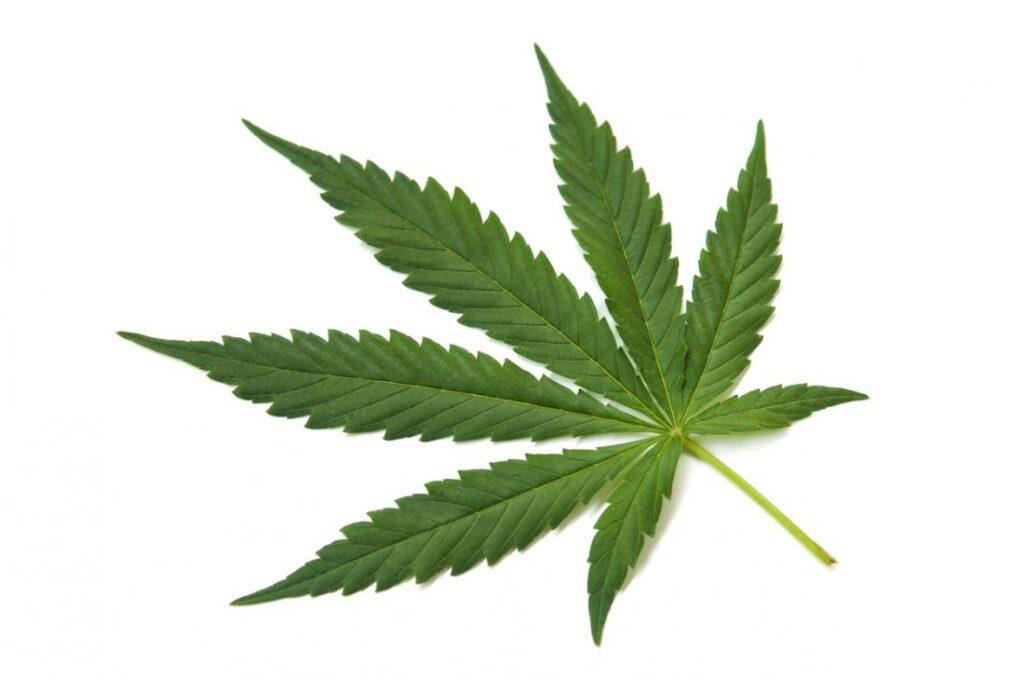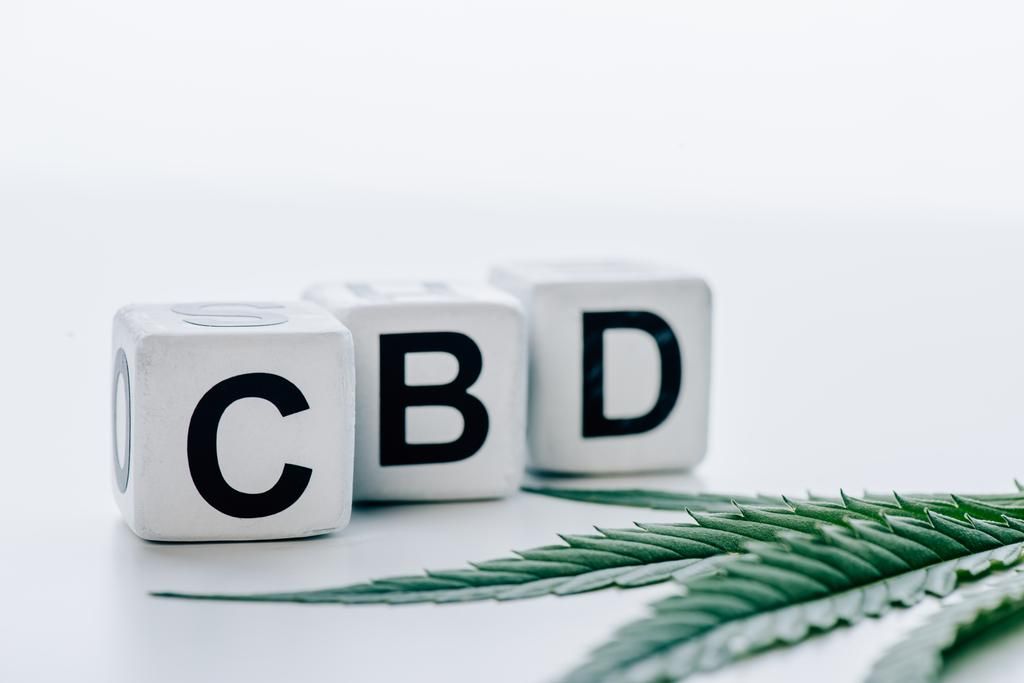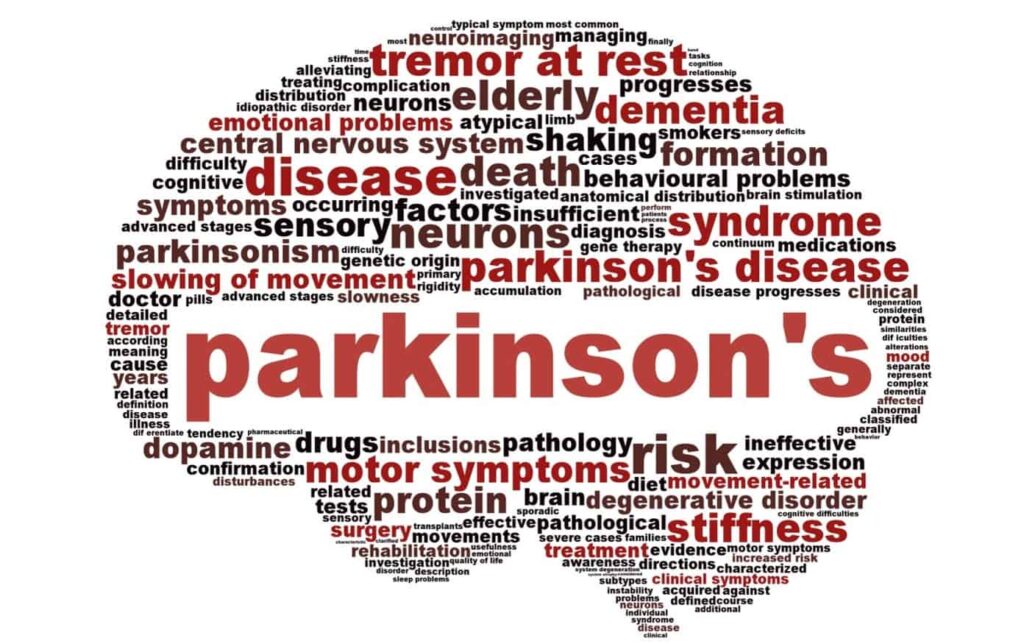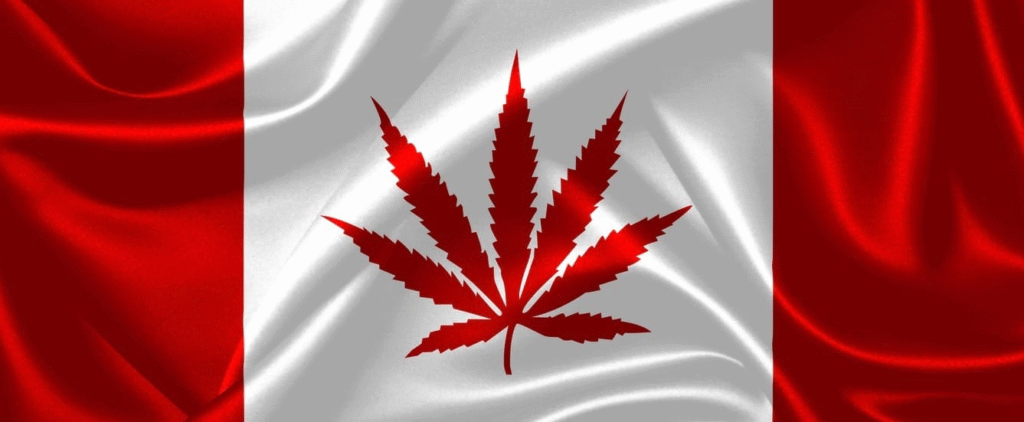The Texas Senate voted tonight to approve Senate Bill 3, which would ban hemp-derived THC products, sending the measure to Governor Greg Abbott for consideration.

Hemp THC gummies.
SB 3, which previously passed the Senate in March, was passed this week by the full House. Given the House approved amendments to the bill, it went back to the Senate for final approval, which they gave Sunday night.
The proposed law would outlaw most edibles, beverages, tinctures, and vape products that contain any meaningful amount of THC, with limited exceptions for trace-level products. The House had initially sought to revise the bill to create a regulatory framework for these products. However, a floor amendment reversed that approach, returning it to the Senate as a ban similar to the original Senate version.
Continue reading

